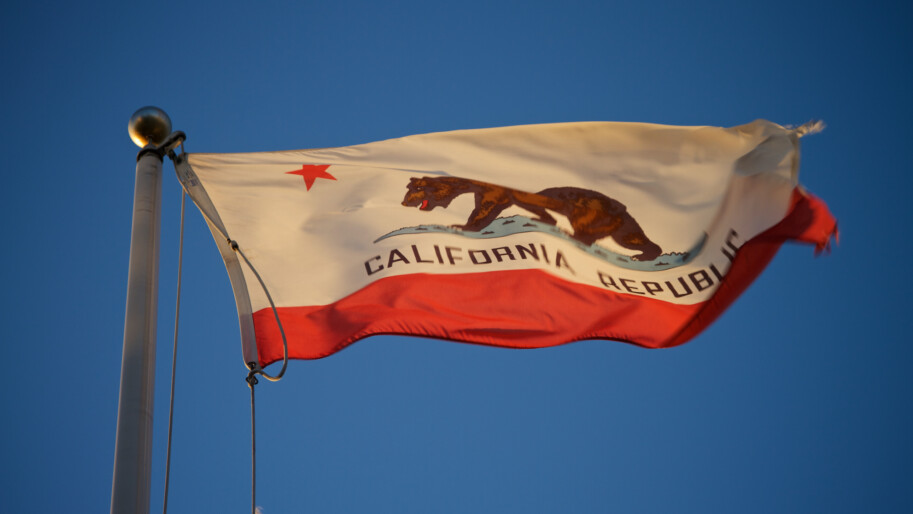On July 31, 2023, The Climate Center CEO Ellie Cohen sent a memo to Governor Gavin Newsom encouraging him to pursue accelerated, equitable climate action. The memo outlines seven high-priority policy actions the governor can take right now to reduce pollution, create new jobs, and save lives.
The following is an excerpt from the memo sent to Governor Newsom:
The global climate is rapidly worsening, with regional extremes far exceeding what many scientists expected, driving deadly and costly heatwaves, drought, wildfires, and precipitation events worldwide while impacting those least responsible the hardest. Antarctic sea ice is so far below average for this time of year that many scientists have expressed shock. Sea surface temperatures in the North Atlantic have literally been off the charts. And a new analysis concludes that there is a much greater likelihood than previously thought of the Atlantic current collapsing in the next few decades, with enormous implications for weather, fisheries, economies, and human well-being around the world.
With all these challenges, the growing crisis presents a unique opportunity for you to further establish yourself as a world-leading climate and justice champion by rapidly and equitably cutting emissions to address this existential threat.
Last week, UN Secretary-General António Guterres warned that “the era of global warming has ended” and “the era of global boiling has arrived.” He said leaders “must step up for climate action and climate justice,” particularly those from the G20 leading industrial nations, responsible for 80 percent of global emissions. Earlier this year, Mr. Guterres called upon G20 nations to move their net-zero targets to 2040. A co-author of a recent study showing greenhouse gas (GHG) emissions at an all-time high said, “The years of continued high emissions … mean that by now we should be doing more. That means either moving forward the global net-zero goal date for carbon dioxide from around 2050 to about 2035, or cutting much deeper by 2030.”
California, as the world’s fifth-largest economy and second-largest state contributor to historic and ongoing U.S. climate pollution, has a significant responsibility to lead in this accelerated effort. 2045 is simply too late to secure net-zero emissions. As the LA Times recently editorialized, we urgently need California’s “political leadership to kick the recalcitrant fossil fuel industry to the curb and build a sustainable economy right now.” You can lead the way once again.
The solutions are at hand. It is not hyperbole to say that you have the unique power to help secure a viable future for Californians and all life on our planet.
The following are top-priority actions that are essential to a climate-safe future. We urge you to act speedily on these recommendations over the next several months so we can achieve and exceed outdated state goals for greenhouse gas emissions reductions and reliable clean electricity while saving the state money, creating new jobs, reducing pollution, and improving public health:
- Significantly cut methane emissions as soon as possible, the fastest way to slow down the escalating climate emergency.
- Enhance grid reliability through electric vehicle (EV) bidirectional charging. Actively engage leaders in the legislature to support SB 233 (Skinner).
- Expedite grid interconnection and reliability. Issue an executive order requiring the CPUC to create a market that values the multiple services of distributed energy resources (DER) and microgrids, and include $1 billion for microgrids and DERs in the climate bond proposal.
- Develop a greenhouse gas reduction implementation roadmap with monitoring, targets, and regular review delivered by CARB by March 2024.
- Assess and eliminate state tax breaks and expenditures that benefit oil and gas interests.
- Fast-track the deployment of zero emission vehicles (ZEVs) — prioritizing public transit — ZEV infrastructure, heat pumps, and other transportation and building decarbonization enablers.
- Include $75 million in your FY24 budget request to be allocated over five years for Resource Conservation Districts (RCD) and other nonprofit entities enabling technical support to private and public landowners for rapidly scaling up natural climate solutions.


